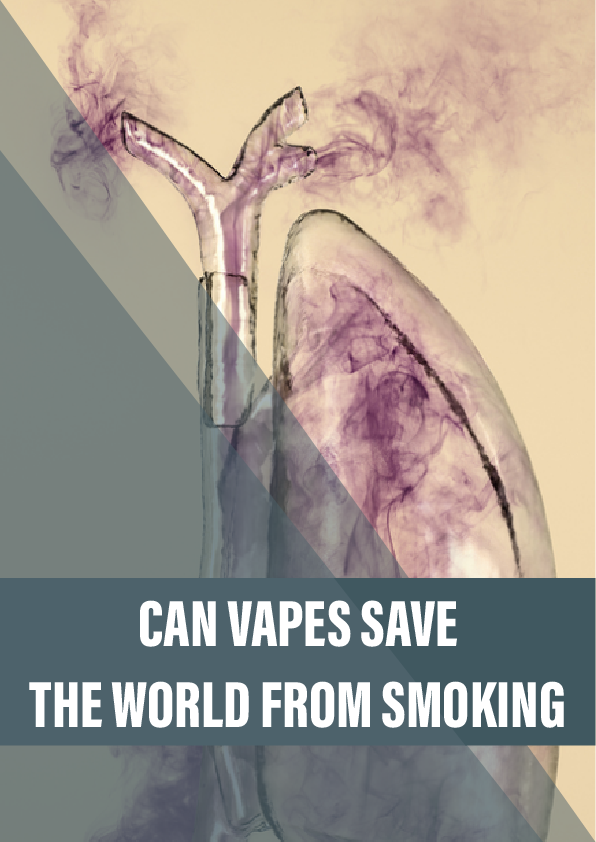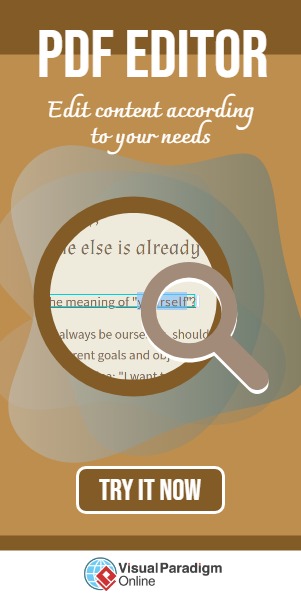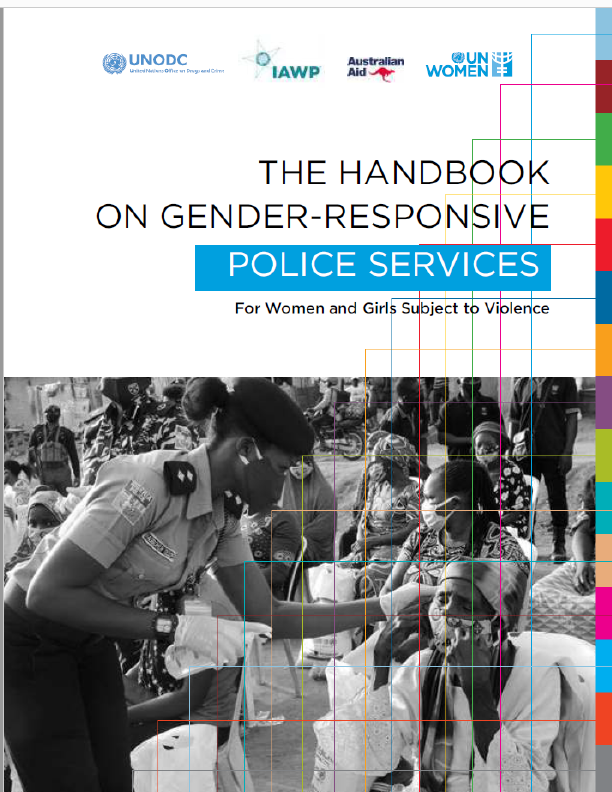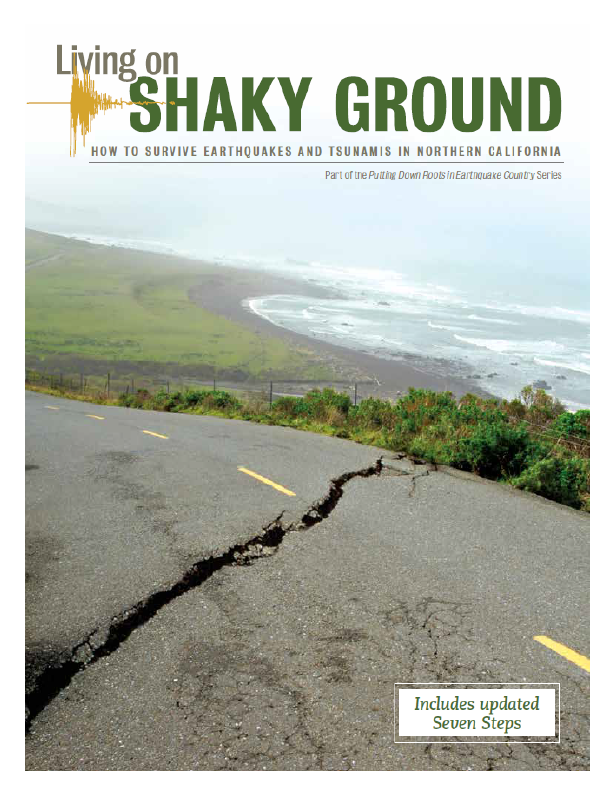E-cigarettes were invented by business, not medicine. But as more smokers make the switch, some health experts believe we’ve finally hit on something that could stub out smoking for good.
Karl Erik Lund first puffed on a cigarette at a party not long after smoking rates peaked in Norway. In the mid 1970s, almost half of adults in the country smoked. Lund, who is now 60, was young and would never take to smoking in a big way. But in 1986, as a graduate in Oslo, he spotted an advert for a research role at the government agency that collated tobacco statistics. He needed the money, but he soon became addicted to the data. “I wanted to ask the question: why do people keep going with a behaviour that breaks society’s rules?” he says.
Smokers in Norway, and in neighbouring Sweden, were being targeted by one of the most advanced anti-smoking pushes in the world. In 1975, Norway banned all tobacco advertising and added health warnings to cigarette packs. In the 1980s, ratcheting taxes made it one of the most expensive countries in which to buy cigarettes. Schoolchildren were encouraged to beg their parents to quit. Bans came into force on public transport and in offices. In one anti-smoking TV advert, Dracula sank his teeth into the throat of a young smoker only to cough and stagger back in a black cloud.
“The aim of Norwegian tobacco policy was to become a nicotine-free society,” Lund tells me from his country house outside Oslo, where he is recovering from a dog-walking injury. Norway set out to educate, tax and scare people into quitting. But there was a problem: it wasn’t working. Smoking rates had dropped only to about 38 per cent by 1990.
Restrictions on indoor smoking culminated in a ban on smoking in any public space, including bars and restaurants, in 2004. The country was the second after Ireland to introduce such a ban. “Welcome to Norway. The only thing we smoke here is salmon,” a health ministry poster said at the time.
Reference:
- Public Health England’s Evidence review of e-cigarettes and heated tobacco products 2018
- The US National Academies Press Public Health Consequences of E-Cigarettes (2018)
- The Promise of Vaping and the Rise of Juul. Jia Tolentino writes in The New Yorker (2018)
- Is nicotine actually bad for you? Rachel Becker writes in The Verge (2018)
- Epidemiological evidence relating snus to health – an updated review based on recent publications in the Harm Reduction Journal (2013)











